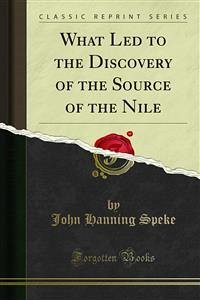This book outlines the adventures of a Portuguese Jesuit priest who is sent to Abyssinia as a missionary in the early 1600's. While the population of Abyssinia is Christian, they are not of the Roman persuasion.
Father Lobo's time there was fraught with danger. Among the troubles he encountered were dangers from the shifting loyalties of the Emperor's court and family, the mnity of the exisiting Abyssinian Church, attackes from bands of marauding bandits, and the predation of the Muslims.
Father Lobo's time there was fraught with danger. Among the troubles he encountered were dangers from the shifting loyalties of the Emperor's court and family, the mnity of the exisiting Abyssinian Church, attackes from bands of marauding bandits, and the predation of the Muslims.









